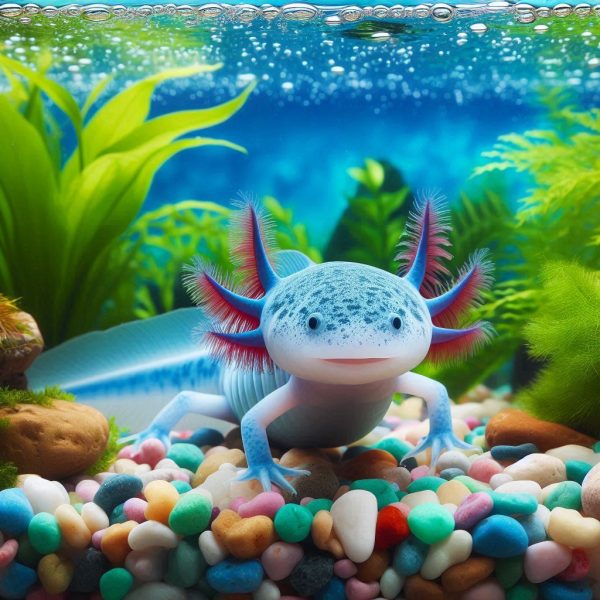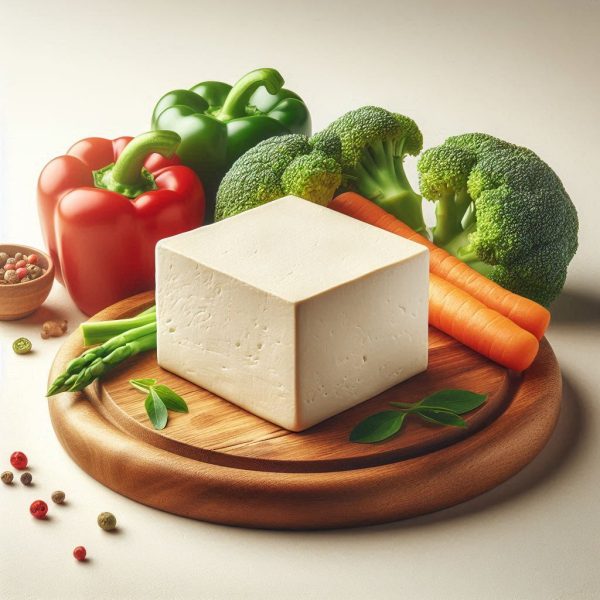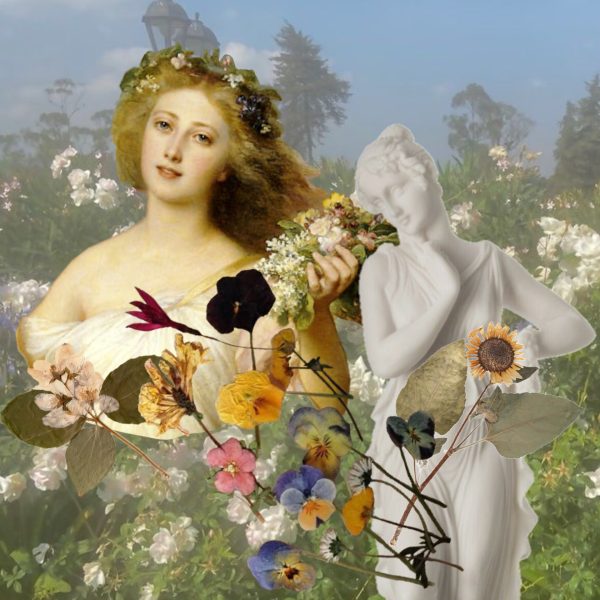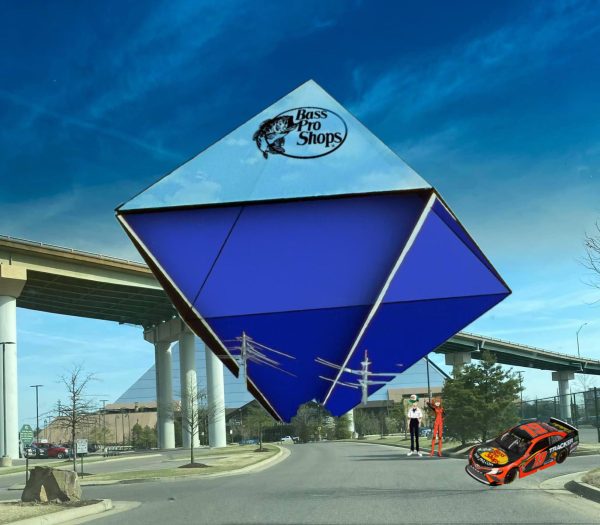Last red-shanked douc in America euthanized in Philadelphia
On September 21, 2018, news broke that the last red-shanked douc, named Toi, in the United States has died.
The Philadelphia Zoo was home to the last red-shanked douc. Aged twenty-one years at the time of her death, Toi was one of the oldest of her species to ever live in America. In a tragic turn of events, however, she was subject to euthanasia due to medical problems. In some cases, this may raise arguments of ethics, as euthanasia—the practice of painlessly killing any organism in pain or suffering from a severe disease—is illegal in many countries and parts of the United States.
Douc langurs—a family of monkeys native to the rainforests Vietnam and Laos—are often known as “costumed apes,” distinguished from other monkey species by their red legs that contrast starkly with their black-and-gray torsos. Typically, males weigh about 24 pounds; females are much lighter, weighing in at approximately 8 pounds in most cases. In the wild, these 23-inch animals’ diet consists mostly of foliage, seeds, flowers, and unripe fruit. In the captivity of zoos, however, their options are quite different, with fresh vegetables and primate biscuits composing the majority of their meals on a day-to-day basis.
Generally, the lifespan for these animals is around 25 years. However, this figure changes drastically when they are held in captivity, as monkeys (especially doucs) in the wild are often much healthier than domestic ones, due to their exposure to significantly more diverse varieties of gut bacteria. This exposure allows them to have more functional organisms, and permits them to adapt to parasites. In zoos, on the other hand, they are exposed to only two main types of bacteria—prevotella and bacteroides. These are found in humans, and are generally problematic for the health of primates.
The death of this last specimen of the “costumed ape” serves to show that doucs are unsafe in captive environment; they are, consequently, on the list of endangered animals for this reason. The hope is that other species of primates (or animals in general) do not find themselves to be in such a situation; however, the burden lies on scientists and the populace to find an answer to this problem, whether it be improving their lives in captivity, exposing them to more diverse species of microbes, or putting a halt on their capture and display in zoos altogether.

My name is Shawn Maczuga, and I am a junior at Greater Nanticoke Area. I was born in Delaware but moved to Pennsylvania. I am a huge Auburn Tigers fan....







